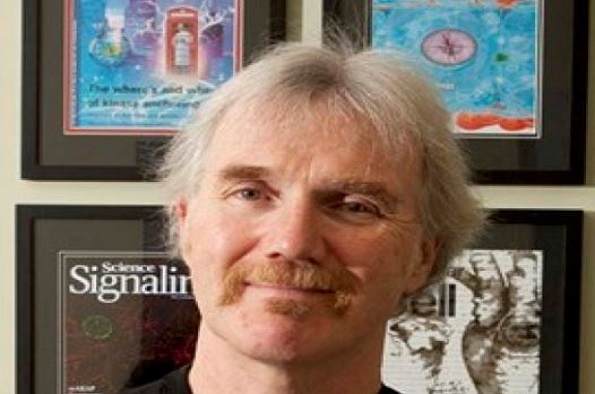
Exploring and Exploiting Local Cell Signalling
- Pat Eyers
- Suitable for: Those interested in cell signaling
- Admission: Free
Add this event to my calendar
Click on "Create a calendar file" and your browser will download a .ics file for this event.
Microsoft Outlook: Download the file, double-click it to open it in Outlook, then click on "Save & Close" to save it to your calendar. If that doesn't work go into Outlook, click on the File tab, then on Open & Export, then Open Calendar. Select your .ics file then click on "Save & Close".
Google Calendar: download the file, then go into your calendar. On the left where it says "Other calendars" click on the arrow icon and then click on Import calendar. Click on Browse and select the .ics file, then click on Import.
Apple Calendar: The file may open automatically with an option to save it to your calendar. If not, download the file, then you can either drag it to Calendar or import the file by going to File >Import > Import and choosing the .ics file.
Professor John Scott, FRS, is the Edwin G Krebs-Speights Professor of Cell Signalling and Cancer Biology and Chair of the Department of Pharmacology at the University of Washing Medical School, Seattle. A graduate of the University of Aberdeen, John is a biochemist who has made seminal contributions to our understanding of anchoring and scaffold proteins, which are key components in cellular signaling networks. John's research has enabled us to understand several fundamental mechanisms behind the events that control conserved signaling pathways, most notably those that decode the levels of cAMP in cells. In 1992, John discovered (and named) the 'A-kinase anchoring proteins' (AKAPs) and has since demonstrated that many signalling enzymes have a restricted range of motion within macromolecular assemblies. This 'signaling island' concept radically changes our view of how signaling complexes operate and indicates that protein phosphorylation is much more regionally confined than previously appreciated. An important concept emerging from these discoveries is that AKAP-enzyme interfaces are potential targets for disruption of pathological signaling. His lab focuses on modulating kinases and phosphatases within the confines of AKAP nano-compartments.
